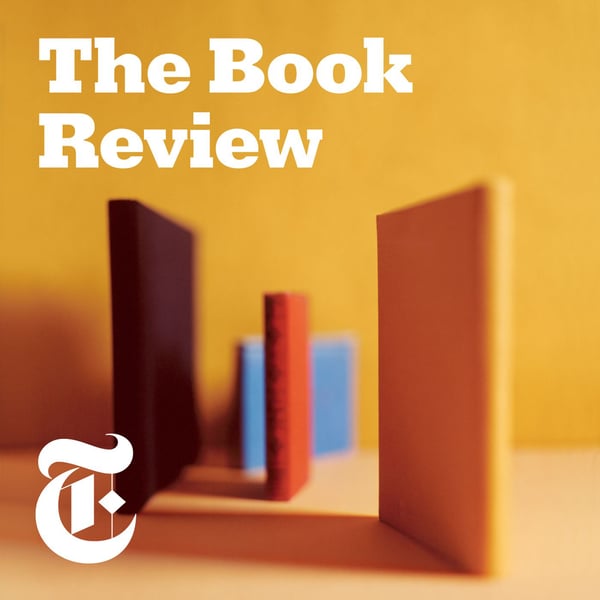Bringing Down Harvey Weinstein
The Book Review
The New York Times
4.2 • 3.7K Ratings
🗓️ 24 November 2022
⏱️ 44 minutes
🧾️ Download transcript
Summary
Transcript
Click on a timestamp to play from that location
| 0:00.0 | Hi everyone, I'm Gilbert Cruz and this is the Book Review Podcast. I love lists and I particularly love year-end lists. |
| 0:13.0 | So I'm happy to say that next week's episode will be presenting our top 10 books of 2022 is chosen by the editors and critics of the New York Times Book Review. |
| 0:22.0 | This week though, we have two great conversations from years past. |
| 0:26.0 | The first one from September 2019 is with the investigative reporters Megan Toey and Jody Cantor. |
| 0:35.0 | A new movie based on their book she said has just been released and in our interview, former book review editor Pamela Paul, speaks with a pair about the book and their initial story for the times that eventually led to the downfall of Harvey Weinstein. |
| 0:49.0 | Jody Cantor and Megan Toey join us now. They are both Pulitzer Prize winning reporters. For the times their new book is called She Said, breaking the sexual harassment story that helped ignite a movement. |
| 1:03.0 | Jody, Megan, thanks for being here. We're thrilled to be here. Thanks for having us. |
| 1:07.0 | So your book has been out for a few days now. It's already getting a lot of reactions. Anything surprised you in terms of what people are looking at with the reaction has been? |
| 1:17.0 | I think our main reaction is actually relief because so much of the book was secret for so long either in that it was sort of the backstory to the original times and investigation and a lot of that was off the record and we couldn't talk about it or for the last year. |
| 1:34.0 | We've had these new discoveries that we were holding for the book and usually we were used to holding things for the newspaper for, you know, a month, two months, three months, but we were sitting on some of the stuff for a long time. |
| 1:47.0 | And so there's just been this incredible satisfaction in the last few days and being able to share. |
| 1:52.0 | Books are slow. I was going to ask about that too because you sort of have two processes here. The whole story behind the story of reporting and then what came after the book. |
| 2:02.0 | At what point did you decide in the process of reporting on Harvey Weinstein and others that this was going to be a book. This wasn't just going to end with the stories in the paper. |
| 2:13.0 | I think that we realized pretty quickly after the first Weinstein story in October 2017 that that was really just the beginning in that first story we had been able to piece together some of the dots of you know Weinstein's predation going back over the decades and how he had been able to conceal it. |
| 2:31.0 | But there was still so much more to learn about you know one the machinery that was in place to silence his accusers and try to stop scrutiny. |
| 2:41.0 | And also just the question of complicity how do individuals and institutions like the Weinstein company for example become complicit in abuse. |
| 2:50.0 | And so we were just I think we pretty quickly recognize that there was much more to say and much more to report and that we were still grappling with a lot of questions that needed to be answered. |
| 3:00.0 | So there were people who would not go on the record for the stories in the paper but then decided to let you make them public in the book. |
| 3:08.0 | How hard was it to get them to go on the record and sort of what made them decide to come forward publicly once this was going to be a book. |
| 3:16.0 | It really varied depending on the situation. I'll give you two super quick examples. |
| 3:21.0 | Erwin writer Weinstein's former accountant who worked for him for about 30 years he was still working for him when he became sort of the deep throat of our investigation. |
| 3:32.0 | Very early on in the book process we talked to Erwin about whether he'd be willing to be named. |
... |
Please login to see the full transcript.
Disclaimer: The podcast and artwork embedded on this page are from The New York Times, and are the property of its owner and not affiliated with or endorsed by Tapesearch.
Generated transcripts are the property of The New York Times and are distributed freely under the Fair Use doctrine. Transcripts generated by Tapesearch are not guaranteed to be accurate.
Copyright © Tapesearch 2025.

